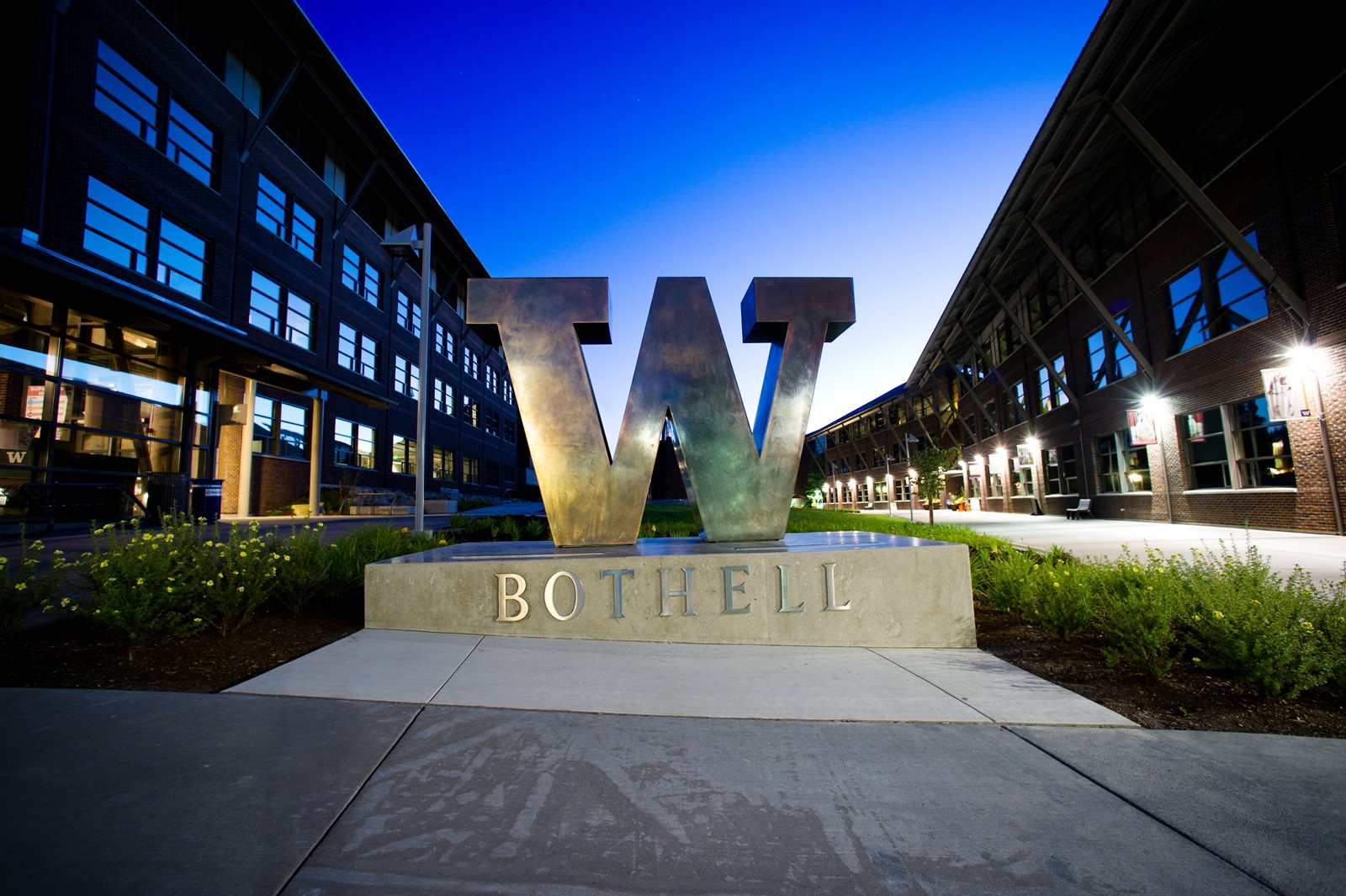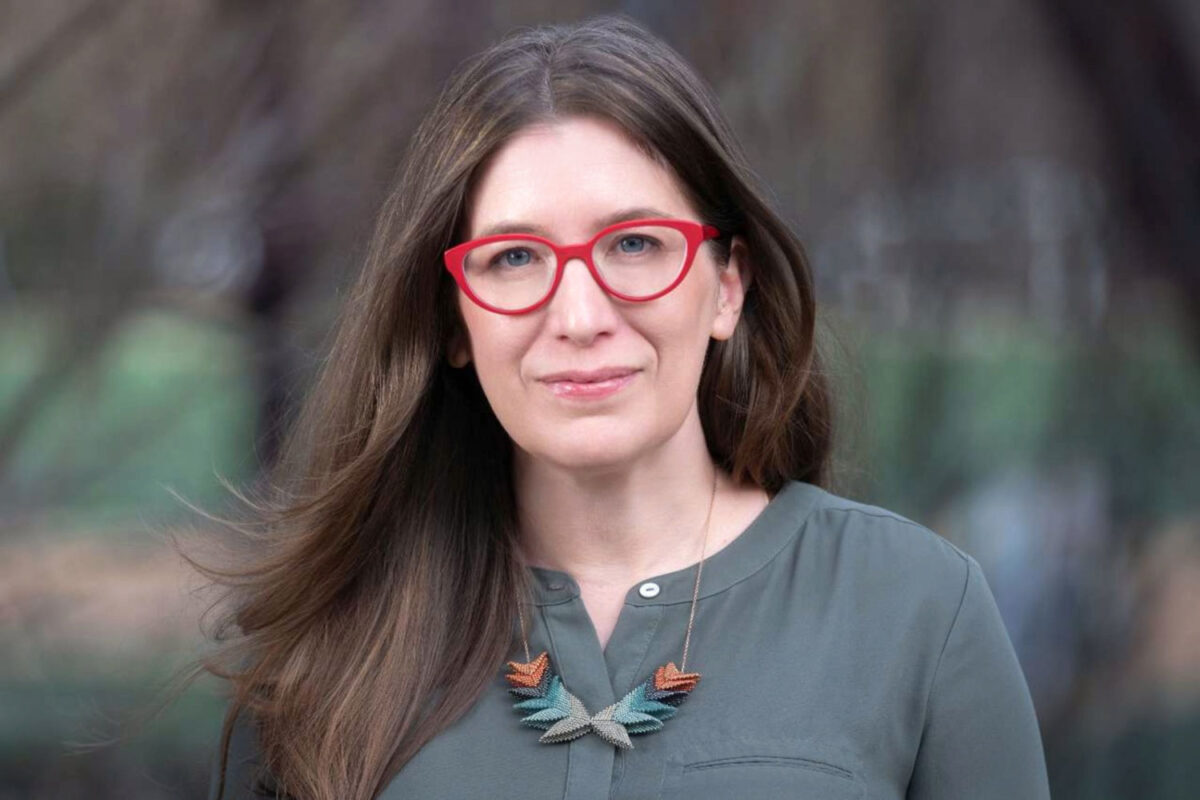
By Douglas Esser
In the coming school year, University of Washington Bothell students have fresh academic choices: a full degree major in gender, women & sexuality studies (GWSS), a dual campus doctor of pharmacy MBA, a graduate certificate in digital teaching and learning, plus six minors to expand options.
Gender, women & sexuality studies is already a strength of the School of Interdisciplinary Arts and Sciences where faculty teach courses that cross many other majors. Students in GWSS address issues of gender, sexuality and social difference at personal, historical and institutional levels.
Julie Shayne, GWSS faculty coordinator who has been teaching at UW Bothell since 2007, says students regularly asked for a degree in the field.
“In other words, the degree is enthusiastically anticipated,” says Shayne, editor of the book, “Taking Risks: Feminist Activism and Research in the Americas.”
Students also will be able to select a new GWSS minor starting in fall of 2016. A launch event, with a program of activities, workshops and speakers, is planned Oct. 26.
The PharmD-MBA, which became available earlier this year, is a collaboration that allows University of Washington pharmacy students to weave University of Washington Bothell MBA courses into their studies and earn two degrees in five years. They gain the skills to manage pharmacies, direct pharmacy operations in health systems or take other leadership positions in health care.
Also new since spring quarter in the School of Educational Studies is a Bachelor of Arts in educational studies with an option for K-8 teacher certification. This fall, pending final approval by the Board of Regents, is a graduate certificate in digital teaching and learning.
Educators will learn to employ new digital tools to create, connect, collaborate and communicate. The 15-credit certificate also is offered as a stand-alone, without enrolling in a full graduate degree program.
“We are committed to closing digital divides and to supporting diverse learners via new tools and pedagogies,” said Jane VanGalen, professor in the School of Educational Studies.
The additional minors represent a focus on expanding options and programs of study for students, said Annette Anderson, curriculum development director.
In addition to the GWSS minor in IAS, the new minors and their schools:
• Economics (winter 2017), School of Business
• Health studies (fall 2016), School of Nursing and Health Studies
• Health education promotion (winter 2017), School of Nursing and Health Studies
• Neuroscience, School of Science, Technology, Engineering and Mathematics
• Chemistry (fall 2016), STEM
Something else that’s relatively new is a dual enrollment nursing program with Everett Community College for students in UW Bothell’s School of Nursing and Health Studies. It’s known as a 1+2+1 program because students take their first year at UW Bothell. For years two and three they go to Everett Community College for the clinical part of the program. Then, they return to UW Bothell in the final year to complete their BSN requirements.
“It is a unique format and it also serves a field that is in high demand in our region,” says Anderson.
Looking ahead, several new majors are in the works, she says. For bachelor degrees:
• Earth systems sciences
• Analytics, computational sciences
• Economics
For master’s degrees:
• Environmental studies
• Marketing analytics
• Management
With the new offerings, UW Bothell is responding not only to student demand but regional demand as well, by leveraging resources and focusing on interdisciplinary studies, Anderson says.
The growth in degrees in the past eight years follows the UW Bothell transition to a four-year institution, the surge of students and the addition in 2013 of the School of Science, Technology, Engineering and Mathematics with its high-demand degrees in engineering, Anderson said.
In 2008, there were only 11 degrees offered on a campus with about 1,500 students. UW Bothell now offers 46 degrees, 21 minors and nine certificates.




